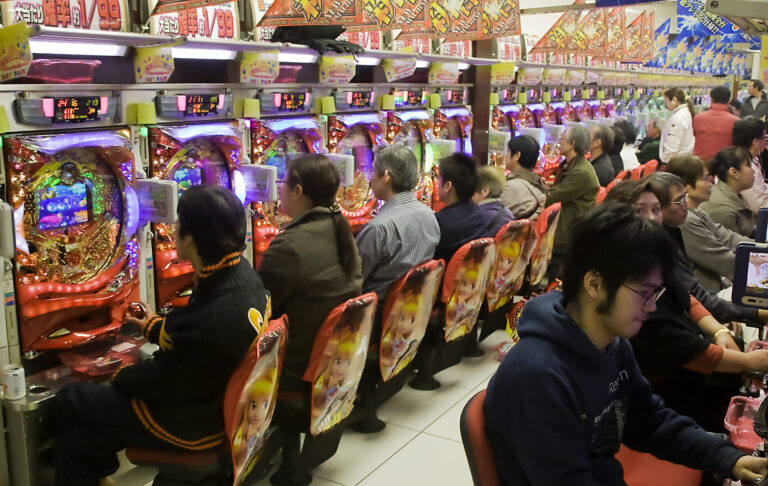The New York Times recently profiled a group of immigrants in Japan who are facing discrimination, unfair wages and unfair hours at their places of work in Japan. Asked to come to Japan under a “foreign trainee” program approved by the Japanese government, these foreign workers were told they’d earn a better wage than they could in their home countries and earn valuable technical skills in assembly factories. Instead, they’re being forced to work long hours in unsafe conditions for less than minimum wage. Some of them are mistreated by their fellow employees.
Because it’s an island nation, there aren’t as many immigrants to Japan as there are to other countries. But countries with poorer average wages for the majority or at least a large portion of citizens, such as China, the Philippines, and Brazil, are targeted by Japanese companies as sources of cheap labor for manufacturing and farming work. While some immigrant workers are treated fairly, mistreatment of foreign workers is prevalent enough that Japanese human rights activists are trying to address the problem.
Some immigrant workers are terrorized by their bosses and are told they’re not allowed to attend church (85% of Filipinos are Christian), they’re not allowed to get cell phones or do much besides work. Some report being physically assaulted by Japanese co-workers and bosses. One Chinese immigrant even reported that her Japanese boss told her Japanese co-workers not to go near her work station—where she was stationed every day—because of the danger of inhaling toxic chemicals during the manufacturing process.
The Chinese immigrant and several other Chinese immigrants who worked for that company are building a case with a Japanese lawyer against their former employer. Human rights activists are also helping other immigrants by investigating poor treatment, but there are likely more immigrants who are not being helped. There are about 190,000 immigrants in the “foreign trainee” program, although of course the majority are likely not mistreated. Nevertheless, the mistreatment is a growing concern, especially considering that these companies are receiving their workers through a government-sanctioned program.
Do you think the Japanese government is at fault for not keeping a closer eye on the companies that hire foreign workers through the program? What kind of steps could they take to make sure Japanese companies don’t take advantage of their workers?
Tabuchi, Hiroko. “Japan Training Program Is Said to Exploit Workers.” The New York Times. 21. July 2010. .
No related posts.
Tags: human rights, immigrants, japan, japan news, japanese business, politics



